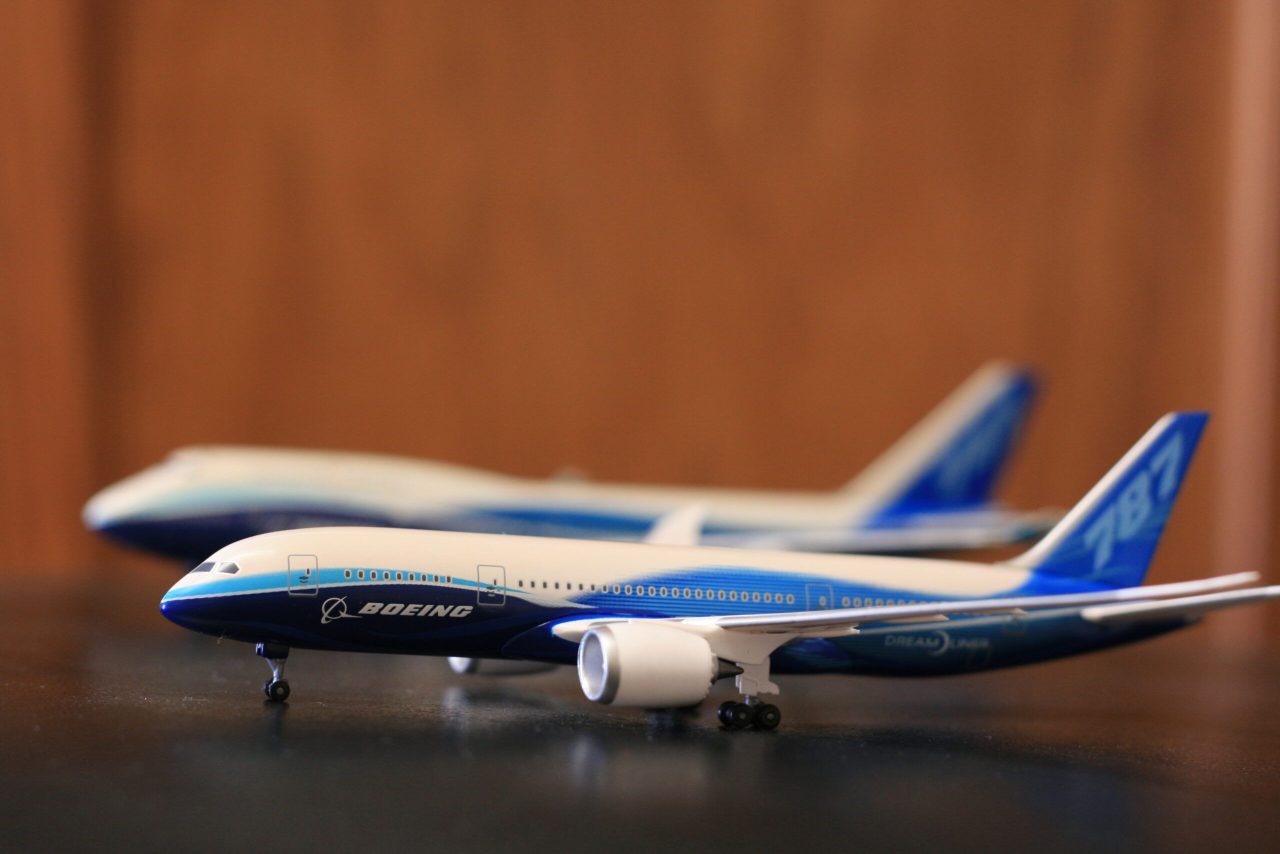After a 53-day strike that halted Boeing Co.’s jetliner production, employees represented by the International Association of Machinists and Aerospace Workers (IAM) voted to accept a new labor contract.
With a 59% majority in favor, the vote effectively ends the strike and allows roughly 33,000 employees to return to work across Boeing facilities in Washington, Oregon, and California as early as Wednesday.
The development comes after workers rejected a revised offer last month.
The approved agreement includes a 38% wage increase over four years and enhanced retirement contributions, delivering the financial improvements that union members sought.
“This was a defining moment tonight,” said IAM District 751 President Jon Holden. Holden acknowledged that over 26,000 members cast votes, with a significant portion opting for the contract.
A victory for workers and leadership
For Boeing’s newly appointed CEO Kelly Ortberg, the resolution of the strike marks a crucial step forward.
Just three months into his role, Ortberg has been navigating a turbulent period shaped by a significant accident earlier in the year, which rattled Boeing’s production schedule and placed a spotlight on its safety standards.
Ortberg praised the agreement, expressing optimism about collaboration: “While the past few months have been difficult for all of us, we are all part of the same team,” he said. “We will only move forward by listening and working together.”
Ortberg has already faced intense scrutiny over Boeing’s approach to labor relations, and he now has an opportunity to rebuild trust and reset the culture within the company.
The prolonged strike underscored longstanding grievances among workers, including low wage growth tied to a decade-old contract that union leaders said limited their bargaining power.
The IAM’s recent deal, though contentious, reflects a commitment by both the company and its workforce to move forward after a period of unprecedented strain.
Financial implications for Boeing
The financial cost of the 53-day strike was substantial for Boeing, with some analysts estimating lost revenue at around $100 million per day.
The disruption, coupled with the need to raise $24 billion in capital to avoid a credit downgrade, places significant pressure on Boeing’s financial performance.
Jefferies analyst Sheila Kahyaoglu estimates that the contract’s wage increases will add approximately $1.1 billion to Boeing’s salary expenses over the four-year contract duration, with the $12,000 signing bonus totalling nearly $396 million.
The strike underscored the intense pressure Ortberg faces to manage costs while addressing the demands of a workforce determined to secure better wages and benefits.
What’s next for Boeing’s CEO
With the strike behind it, Boeing faces several weeks of ramping up production and stabilizing cash flow as its 737 MAX output remains below target, expected to stay in the single digits per month.
As Boeing’s production resumes, workers are expected to help fulfill a backlog of over 6,000 airplanes.
Boeing aims to gradually increase the output of its 737 MAX planes, although it remains short of the pre-strike target of 38 planes per month.
Though the International Association of Machinists and Aerospace Workers (IAM) has confirmed that employees can return to work on Wednesday, Boeing warns that some may need retraining after the extended time away.
Now, CEO Kelly Ortberg is also tasked with mending relations with machinists who voiced long-standing frustrations over stagnant wages.
Although 59% voted to approve the contract, IAM President Jon Holden acknowledged lingering divisions, saying, “there were those who definitely were not happy with the vote.”
The new contract raises the average machinist’s pay to $119,309 by the end of four years, from $75,608.
Analysts remain cautious about the company’s near-term outlook, particularly with production and supply chains still recovering from the prolonged shutdown.
With workers returning, Boeing will seek to meet demand and stabilize its finances, but the road to full recovery remains uncertain.
The post What’s next for Boeing’s production and finances as workers end seven-week strike? appeared first on Invezz


